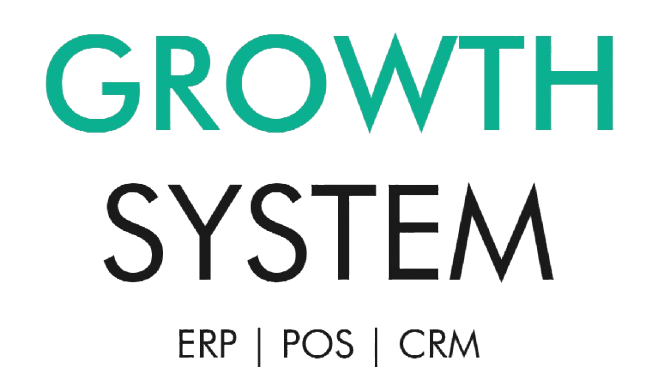Selling is the process of offering goods, services, or products to potential buyers in exchange for money or other forms of compensation. It is a critical activity for businesses and individuals alike, aiming to meet the needs or desires of customers while generating revenue. Selling involves various strategies, techniques, and steps to effectively close a transaction and satisfy both the seller and the buyer.
Key Aspects of Selling
Understanding the Product/Service:
- Successful selling begins with a deep understanding of the product or service being offered. Sellers should be able to highlight the features, benefits, and unique selling points to potential customers.
Target Market Identification:
- Sellers need to identify their target audience—those who are most likely to benefit from or be interested in the product. This involves understanding demographics, needs, preferences, and purchasing behaviors.
Sales Techniques and Strategies:
- Various sales techniques can be employed to close deals, such as consultative selling (focusing on customer needs), relationship selling (building trust and long-term partnerships), and solution selling (offering products as solutions to specific problems).
Prospecting:
- Prospecting refers to identifying and qualifying potential customers (prospects). This step may involve lead generation through advertisements, social media, referrals, or direct outreach.
Building Rapport:
- Building trust and rapport with potential customers is a key element of selling. Sellers aim to establish a positive relationship and understand the customer’s needs, which can lead to a more successful transaction.
Presentation:
- Once rapport is built, the seller presents the product or service to the prospect. This presentation should emphasize the benefits, address pain points, and demonstrate how the offering meets the customer’s needs.
Handling Objections:
- During the selling process, prospects may raise objections or concerns about the product, price, or terms. Effective sellers must be skilled in addressing objections, clarifying misunderstandings, and offering solutions.
Negotiation:
- In many sales situations, particularly in B2B (business-to-business) or high-value transactions, negotiation plays a critical role. Sellers must navigate discussions about price, payment terms, delivery schedules, and other factors to reach a mutually beneficial agreement.
Closing the Sale:
- The closing step is when the buyer makes the final commitment to purchase. Sellers may use closing techniques such as the assumptive close (assuming the buyer is ready), the urgency close (creating a sense of urgency), or the alternative close (offering the buyer choices).
Post-Sale Follow-up:
- After the sale is complete, following up with customers is important for ensuring satisfaction, addressing any concerns, and fostering long-term relationships. Happy customers are more likely to return or refer others, enhancing the seller’s reputation.
Customer Relationship Management (CRM):
- Sellers often use CRM systems to manage customer information, track interactions, and automate follow-up processes, improving sales efficiency and relationship-building.
Sales Channels:
- Sellers can choose from a variety of sales channels to reach their audience. This can include direct sales (face-to-face or over the phone), online sales (via websites or e-commerce platforms), retail sales, or distribution through third-party agents or resellers.
Promotions and Discounts:
- Sellers may offer limited-time promotions, discounts, or special offers to incentivize customers to make a purchase. These can be particularly effective in driving sales volume during slower periods or promoting new products.
Ethical Selling:
- Ethical selling involves honesty, transparency, and a focus on meeting the genuine needs of the customer. Ethical sellers aim to provide value and ensure that customers feel respected and satisfied with their purchases.
Sales Analytics and Reporting:
- Sellers often track their performance through metrics such as conversion rates, sales volume, average deal size, and customer feedback. This data helps in refining selling strategies and improving sales tactics.

Book your session now
- Choose an available time slot for your tutor
- Choose one-on-one or Group Sessions
- Choose a time slot and click "Book session"
- Proceed order, confirm, and start learning!
Tips for a Smooth Booking Experience
- Before booking, read our Terms and Conditions
- Need help? Visit How booking works
- View our Privacy Guidelines for information
- Have questions? Check our FAQ section.
- For session costs, review our Pricing guidelines.
- Read our Cancellation policies for cancellation procedures


